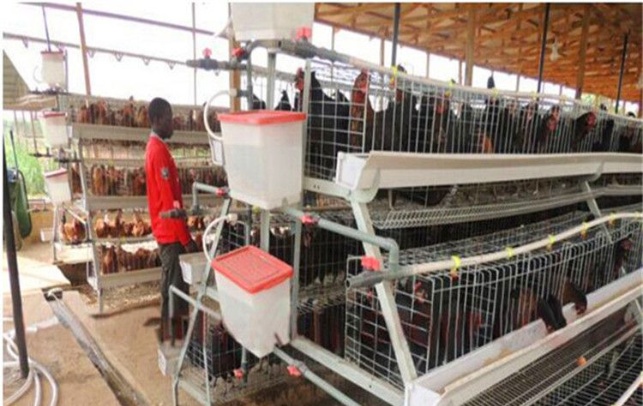Enhancing Poultry Care with Auto Chicken Watering Systems
2024-05-22
In the realm of poultry farming, ensuring that chickens have access to clean and fresh water is paramount to their health and well-being. This is where the innovation of auto chicken watering systems comes into play, revolutionizing the way chickens stay hydrated on farms.
The cornerstone of any efficient poultry watering system is the chicken drinker, a device specifically designed to provide water to chickens in a controlled and accessible manner. These drinkers come in various forms, including traditional water containers and modern automatic watering systems. The traditional water containers require manual refilling, which can be time-consuming and labor-intensive for farmers. On the other hand, auto chicken watering systems are equipped with sensors and valves that automatically dispense water when the chickens peck at the drinker, ensuring a constant supply of water without the need for frequent refills.

The benefits of implementing an auto chicken watering system are numerous. Firstly, these systems help maintain water cleanliness by preventing contamination from dirt, feed, or droppings, which is crucial for preventing diseases and promoting chicken health. Secondly, auto watering systems reduce water wastage by controlling the water flow and minimizing spillage, leading to cost savings for farmers in the long run. Additionally, these systems provide chickens with easy access to water at all times, promoting optimal hydration and overall well-being.
By incorporating an auto chicken watering system into their poultry operations, farmers can streamline the watering process, improve water quality, and enhance the health and productivity of their flock. With the convenience and efficiency offered by these systems, farmers can focus their time and energy on other aspects of poultry care, such as nutrition, housing, and disease prevention.
In conclusion, the adoption of auto chicken watering systems represents a significant advancement in poultry farming practices. These systems not only simplify the task of providing water to chickens but also contribute to better health outcomes for the flock. As the agricultu


 English
English








